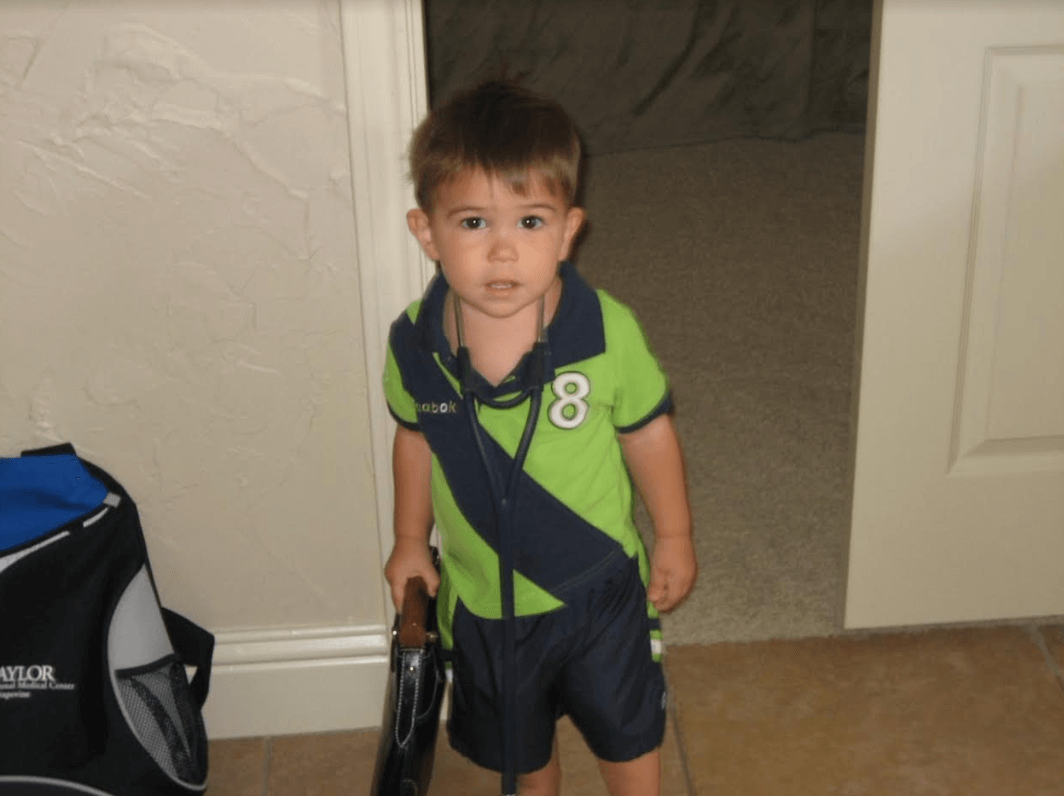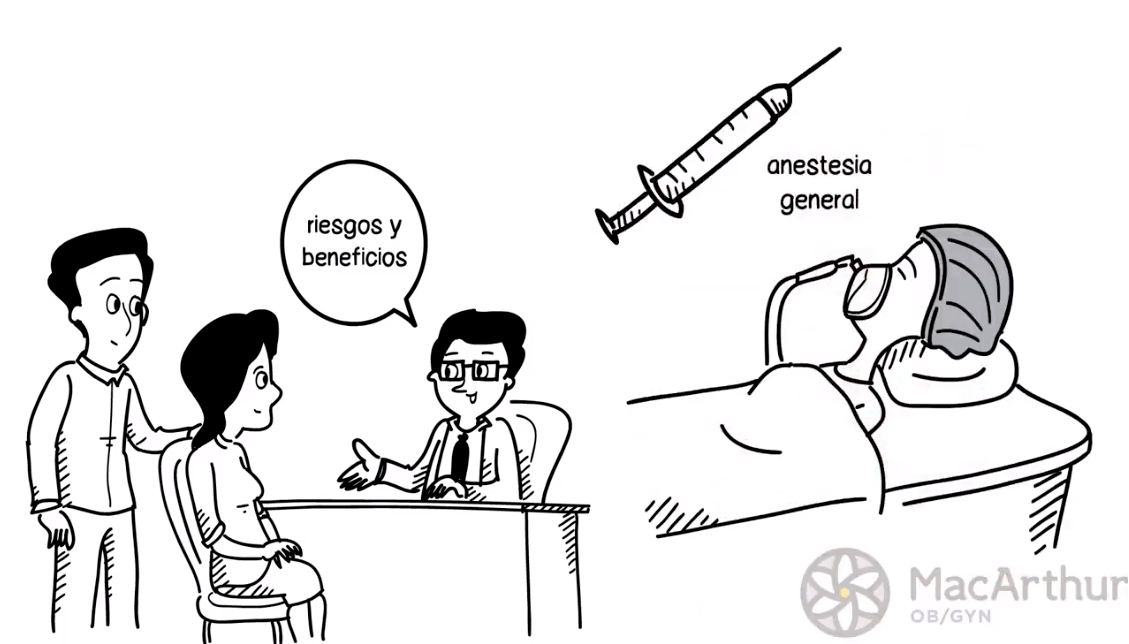
Recognizing My Own Limitations There are certain situations in my life where I feel really stupid One is when CNBC’s...

Recognizing My Own Limitations There are certain situations in my life where I feel really stupid One is when CNBC’s...

A prominent rapper came out earlier this month discussing how he takes his teenage daughter to the OBGYN office yearly...

Use Opportunities in their Context. Typical conversations with a teenager “How was your day?” “Fine” “What did you do at...

Watch the Red Flags No question about it parenting teenagers is a tough job. This is a crucial time to...

Create an Environment of Openness So this is my little boy —doctor in training —equipped with mom’s purse and dad’s...

Saying No to Burnout Have you noticed that your Facebook feed is full of ads asking you if you are tired...

Placing a picture in a frame changes the way we view the image. The same is true for our thoughts...

¿Ya no desea más hijos? ¿Está completa su familia? ¿Está cansado de lidiar con el control de la natalidad? ¿Sabía...

A great video of Dr. Livingston covering lots of different birth control options.

Our lives are like a ripple effect. One action can make a big impact. We all have the power to...